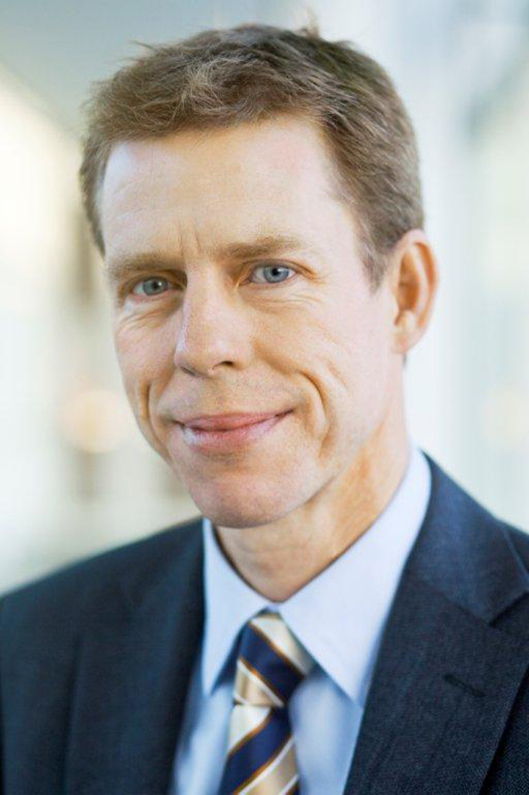Botswana continues to be an inspiring example of sustainable development for other Middle Income Countries (MICs) in Sub-Saharan African. The country remains on course to meet its national targets, spelt out in its Vision 2016 and tenth National Development Plan (NDP10) as reported in the country’s latest poverty survey report. Significant progress has also been recorded with regard to the country’s commitment to keeping and meeting the Millennium Development Goals (MDGs).
Anders Pedersen, The United Nations Resident Coordinator and UNDP Resident Representative in Botswana explains that the UN has been focusing on supporting the government and helping the country to meet its development aspirations. He adds that some of the specific priorities for the UN in Botswana are to fight poverty and HIV and AIDS, strengthen the capacity of institutions that promote good governance, promote sustainable utilization of natural resources, empower women and ensure better lives for children.

European Times: What progress has Botswana made in reducing poverty?
Anders Pedersen: Botswana had already reached its target of halving the proportion of people living below the poverty line by 2010. The figures progressively decreased from 47% in 1993, to just above 19% in 2010. Since then, with our support, the country has continued implementing programmes aimed at sustaining and building on this achievement. However, despite this success, 6% of Batswana still live in extreme poverty. Even though Botswana has achieved long-term growth — averaging 6% — and is now an upper-Middle-Income Country, continued poverty reduction is one of the Government’s and the UN’s priorities.
European Times: How about other Millennium Development Goals?
Anders Pedersen: Botswana’s performance has been impressive on all MDGs except those relating to child mortality (MDG 4) and maternal mortality (MDG 5). In addition, the country’s performance with respect to gender equality and women’s empowerment (MDG 3) has been characterized by mixed trends of progress and reversals. For example, while the number of cabinet positions held by women reduced by 10% between 2002 and 2012, an increase of about 50% was observed during the same period in the civil service.
With regard to environmental sustainability, Botswana is a role model for Africa. By managing its natural resources revenue prudently, the government has implemented programmes that have helped propel the country from a poor country at independence to an MIC within just three decades. The country has also set an example with regard to how governments and investors can come to agreements that allow for mutual benefits, especially in the extractives industry. Many countries on the continent are still facing challenges in this regard.
European Times: Is the UN involved in Botswana’s eleventh national development plan?
Anders Pedersen: The UN is heavily involved in this plan. The UN and the government recently hosted a workshop on sustainability and climate change for parliamentarians. Sustainability remains at the centre of our work. We are closely working with the government in developing a National Strategy for Sustainable Development (NSSD). Our continuous support will also ensure that the goals of NSSD support the country’s long term vision beyond 2016 and the eleventh National Development Plan (NDP11).
European Times: What are some sectors with strong investment potential?
Anders Pedersen: There are many opportunities to diversify the economy beyond the mining sector. For example, the agricultural sector needs to be developed, specifically for household consumption. Tourism has great prospects. There is also great potential for the manufacturing industry in Botswana. There is a need to build on the progress made so far and build the foundations for the creation of a knowledge-based and technology-driven economy.
European Times: What is your personal message about Botswana?
Anders Pedersen: Botswana has great fundamentals in place and could be the first country on the continent to eradicate poverty. The government of Botswana is committed to core human rights values and to investing the necessary resources to support these values. The challenge is now to unleash Botswana’s full potential.




